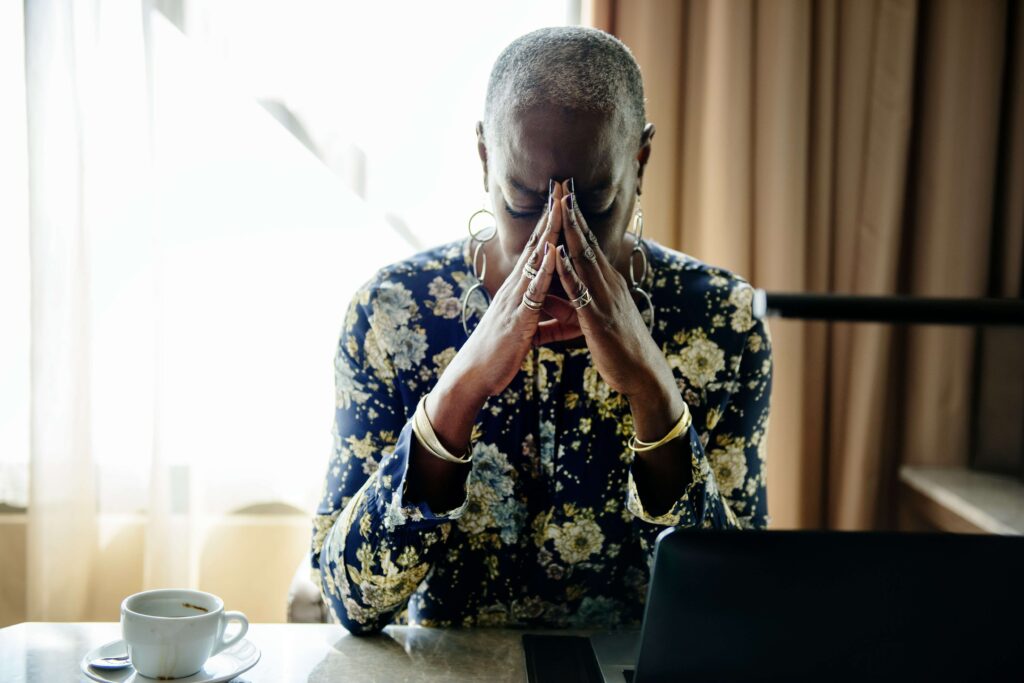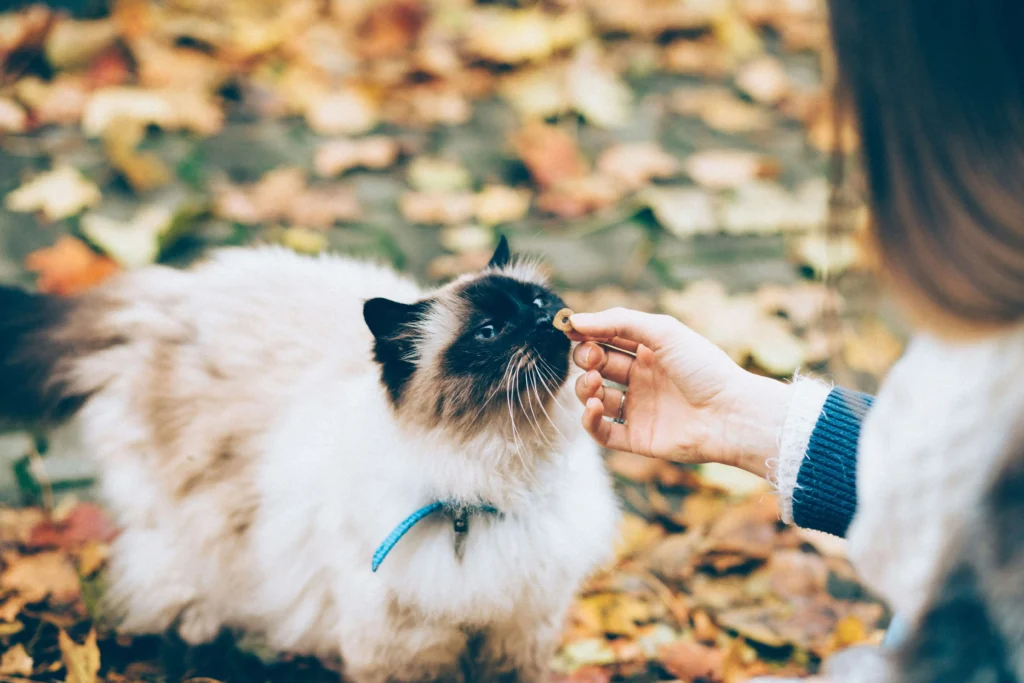If you’ve ever lost a pet, you know the pain can feel overwhelming. Your pet is not “just a dog” or “just a cat.” They’re your constant companion, your routine, your family. Many people are surprised by how deeply it hurts—sometimes even more than losing a person. There’s a reason for this, and science helps us understand why.
Your Brain on Love: How Pets Become Family
When you cuddle or play with your dog, hear your cat’s purr when you’re stroking him, or share other loving exchanges with your pet, your brain releases oxytocin, often called the “love hormone.” It’s the same chemical that helps parents bond with babies. In addition to the flow of oxytocin, spending time with pets also lowers stress hormones like cortisol. So there are actually two chemical processes going on at once!
This chemical cocktail explains why pets make us feel calmer, happier, and less lonely. Over time, and repeated experiences with our animals, those feelings create a powerful emotional bond. So when that bond is altered when our pet dies, it’s no wonder it feels life-shattering.
(Source: Nagasawa et al., Science, 2015; Handlin et al., Frontiers in Psychology, 2011)

Why Pet Grief Can Feel So Isolating
Unlike losing a person, when we lose a pet, our experience often lacks rituals like funerals, memorial services, or bereavement leave from work. Some people—even friends or family—might not understand your pain, or worse – make you feel like your grief isn’t valid or normal. Psychologists call this disenfranchised grief—grief that isn’t widely recognized by society. The disenfranchised element of the grief adds a particularly profound layer of isolation.
And what this lack of validation can make you feel is even more lonely or possibly ashamed for mourning so deeply. When we lose a person, we not only get the publicly accepted rituals, but family and community support that can hold us through our pain. But your feelings of loss and mourning are valid. Research actually shows that grieving a pet can be just as intense as grieving a close human loved one. (Adams et al., Society & Animals, 2000; Packman et al., Journal of Mental Health Counseling, 2014) And losing our human loved ones doesn’t often come with the profound consequential decisions we are called on to make with our animals. The differences between these losses are stark.
Also, for many of us, pets aren’t just part of our lives—they shape our days. Walks, feeding, cooking, cleaning, adventures, routines—they give our lives structure and a sense of purpose. They listen without judgment. They offer unconditional love. Losing that constant presence can make your entire world feel off balance. Our natural order and rhythm is off.

The Science of Continuing Bonds
Modern grief research shows that we don’t “get over” love; we carry it with us. Many people find comfort in maintaining a connection with their pet—through memories, photos, rituals, or even talking to them. This isn’t strange; it’s healthy.
Studies call this a continuing bond—an ongoing emotional connection that helps us heal and find meaning after a loss.
(Source: Klass et al., Continuing Bonds, 1996; Testoni et al., Death Studies, 2019)
What helps: Gentle first steps
While there’s no “fix” for grief, there are steps that can make the journey less lonely:
- Talk to safe people who understand or join a pet loss support group. This means evaluating who your safe people are, and knowing how ISN’T. There are many pet loss support options available now online and in person.
- Honor your pet with your own personal ritual—create an experience that is unique to the relationship you had/have..
- Give yourself permission to grieve, without judgment or a timeline. THIS is essential – no matter what feedback you get, give yourself the feedback that YOUR mourning is YOURS. No one else had the relationship you did, so no one else can dictate how your loss experience goes.
Your Grief Is Real, and You’re Not Alone
If you’ve lost a pet, know this: your pain is valid, your bond is real, and your grief deserves care. You’re not alone—millions of people have felt this depth of love and loss. And over time, with self-compassion and support, the sharp edges of that grief can soften, leaving behind an enduring love that you will always carry with you.
